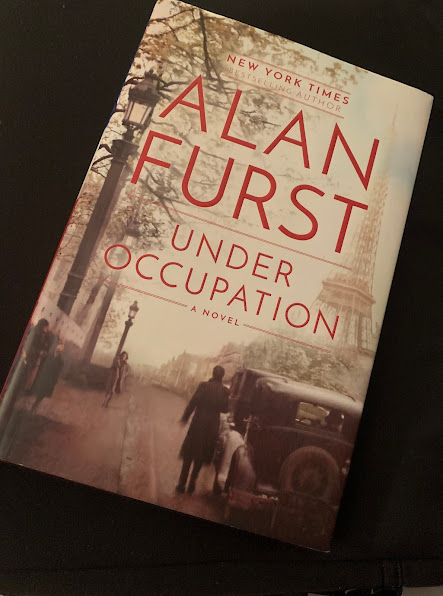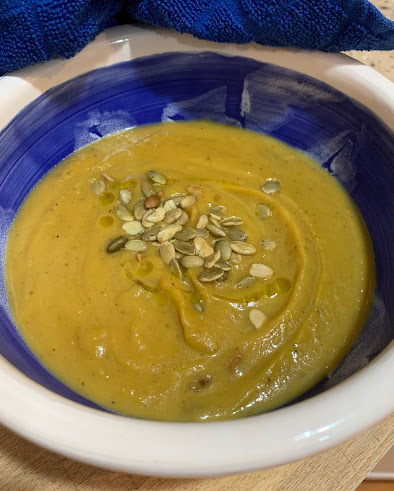 |
A sky full of gods.
|
 |
Zeus,the ruler of all the gods on Mount Olympus, and also the Greek God of thunder and lightening.
|
The Old Gods Are Still With Us!
Let’s take a look.
The word sun comes from the Latin, sol, carried over and changed by old German, old Dutch and old English, with sol finally becoming sun. The ancients worshiped the sun, especially the Egyptians, but also the Greeks and Romans. Hey, look at the beaches in our own age!
Today, the world sol still appears in modern English, as in solar. And, although we’ve tossed the ancient gods aside, we still use phrases such as “I pray for sun,” and refer to people as “sun worshipers.” And, of course, we keep Sunday as a holy day.
The planets are also the realm of the old gods.
Mercury – Roman messenger god
Venus – Roman god of love
Earth – the only planet Not named after a Greek, Roman, or Norse god
Mars – Roman god of war
Jupiter – The Roman god of gods
Saturn – the Roman god of seeds and agriculture
Uranus – Greek god of the skies
Neptune – Roman god of the sea
Pluto – the Greek god of death, also called Hades. No longer a planet? It is to me!
Days of the week.
Sunday – Sun’s Day, and the sun has been an object of worship and a god since the days of ancient Egypt. No doubt in pre-history, humans also worshiped the fiery orb in the sky.
Monday – Moon’s Day – long worshiped in ancient times and among many ancient religions.
Tuesday – from Tiw or Tiu, the Norse god of war
Wednesday – Woden, the chief Anglo Saxon god, also Odin, the Norse god
Thursday – Thor, the Norse, spear chucking god of thunder and lightening
Friday – Feyda, the Norse god of love
Saturday. – Saturnus, the Roman god of sowing, or seeds.
Random English words derived from the old gods:
Atlas – according to legend, Atlas was condemned by the gods to carry the heavens on his shoulders.
Cloth – from Clotho, the youngest of the three fates who spun the thread of life
Chaos – from the Greek myth of Khaos, the void from which all life sprang
Charity- from Charis, one of the graces, the goddesses of beauty, kindness, life, creativity, and nature
Erotic – from Eros, the Greek god of love and sexual desire. Check out the statue to Eros in the middle of London’s Piccadilly Circus. Circus comes from the Latin word circus for roundness or round, and is spelled the same as our English word.
Echo – from the Greek nymph, Echo. Zeus, the king of the Greek gods, fell in love with Echo, which angered Zeus’ wife, Hera, who cursed Echo to speak only the last words that were spoken to her. Why can’t Zeus fall in love with my wife?
Europe – Europa was a beautiful princess and Zeus fell in love with her, too. Busy boy was Zeus. Europa was lucky Hera didn’t find out.
Fury – from the Greek Furies, the well named female goddesses of vengeance
Hypnosis – from Hypnos, the Greek god of sleep
Morphine – from Morpheus, one of the sons of Hypnos
Music – from the Greek Muses, goddesses of the arts and science
Nectar – the favorite drink of the Greek gods
I could go on and on: nemesis, ocean, panic, phobia, psychology, tantalize, typhoon, and so many others came from the gods of old.
And how about our modern celebrations? Are they really modern?
People have celebrated the winter solstice for thousands of years. The Scandinavians celebrated Yule on 21 December and made a fire from Yule logs that celebrated the return of the sun, with each spark of the fire representing new birth of piglets and calves in the New Year.
Germans used the mid-winter holiday to worship Oden, the chief Norse god.
In the Roman times, Romans celebrated Saturnus, the god of agriculture.
The Bible doesn’t say when Jesus was born. Many believe Christianity chose the winter solstice to draw celebrants from those who honored the old gods.
How about Easter? Easter falls on the Sunday after the first full moon after the spring equinox, once again a blend of Christianity and Paganism. Eostre was a pre-Christian English goddess celebrated at the beginning of spring. And let’s not forget, Jesus was a Jew, not a Christian, and celebrated Passover, which occurs in March or April. The symbol of new birth at the Passover Seder is a roasted egg. Hence Easter Eggs?
The word Easter may come from the German/Norse Eostra or Ostara, the goddess of spring, who by the way, changed her pet bird into a rabbit to amuse the children.
I frequently utter: Everyone wants a change, but nobody wants to change.
The old gods are good examples. They’re all around us, in our language, our science, in commerce (Hermes messenger service). In fact, it’s hard to get away from the old gods. But, you may say, we don’t worship them. I beg to differ. I’ve been told by a Greek man, but have not been able to confirm, that in a Greek court of law, they still swear on Zeus to tell the truth.
And the truth is, we still honor the old gods in so many ways, even when we don’t realize the connections.
 |
| Morpheus, a Greek God of Sleep |
’avais beau me poser des questions,
je n’avais aucune idée d’à quoipouvait ressembler le Diable. Puis, je l’ai vu! Comment aurais-je pu me douterque le Diable puisse ressembler à ça! Il se baladaitdroit devant nous... immense, la peau rouge, des cornes gigantesques et arrondies, des yeux rouges et des sabots à la placedes pieds














